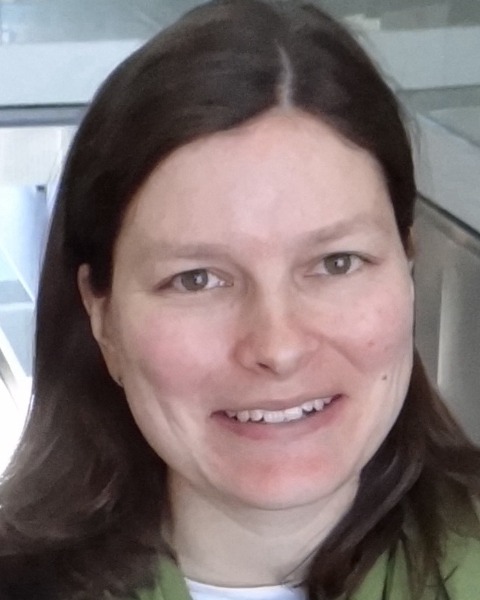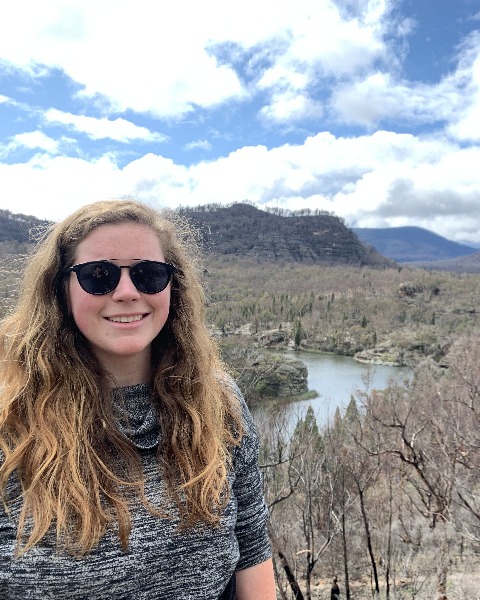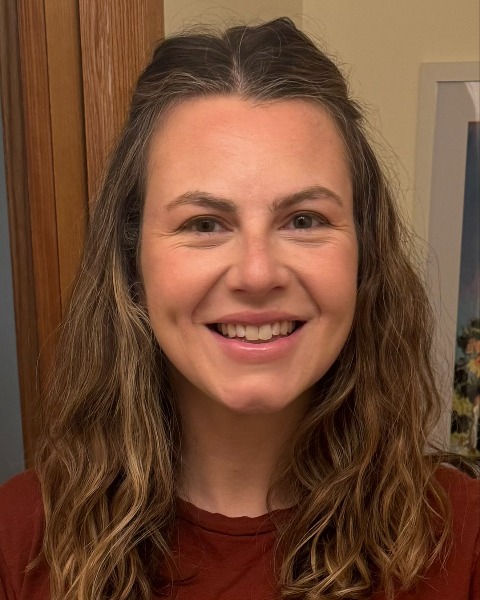Student Poster Display
Plant-Insect Ecosystems
Student
Student Competition
D3084: Assessing the relationship between bee visitation rate and crop pollination in apple, cranberry, and squash in Wisconsin (USA)
.jpg)
Sumikshya K.C. (she/her/hers)
Graduate Student
University of Wisconsin
Madison, Wisconsin
Hannah Gaines Day
Research Scientist
University of Wisconsin
Madison, Wisconsin
Olivia Marie Bernauer, Ph.D. (she/her/hers)
Assistant Professor
University of Wisconsin-Eau Claire
Eau Claire, Wisconsin
Jess Gambel (she/her/hers)
Postdoctoral Researcher
USDA-ARS
Madison, Wisconsin
Claudio Gratton
Professor
University of Wisconsin
Madison, Wisconsin
Presenting Author(s)
Co-Author(s)
Farmers growing pollinator-dependent crops such as fruits, vegetables, nuts, and oilseeds traditionally rely on managed honey bees for pollination. However, these bees have faced significant colony losses due to intensified agricultural practices, pesticide exposure, parasites, diseases, habitat loss, and climate change. Wild bees have been shown to provide substantial pollination services and enhance fruit quality, particularly in diverse landscapes. However, farmers are wary of relying solely on wild bees due to their inconsistent abundance. This study aims to assess the effectiveness of wild bees in pollinating apples, cranberries, and squash in Wisconsin. Using the WiBee protocol, we evaluated flower visitation rates and pollen deposition per visit using single-visit measurements for key pollinator groups: honey bees (Apis mellifera), bumble bees (Bombus spp.), other wild bees (e.g.,Megachilidae, Halictidae), and non-bee insect visitors (e.g., Syrphidae). By combining these components of pollination we will estimate the distribution of pollen deposition over time and whether crop pollination needs are met by the different pollinator groups. The findings will offer critical insights into pollinator management and determine if wild bees can meet the pollination needs of these crops in the absence of managed honey bees. The results of this study will be used to inform the continued development of the WiBee app, a decision support tool for growers of pollinator dependent crops.

.png)

